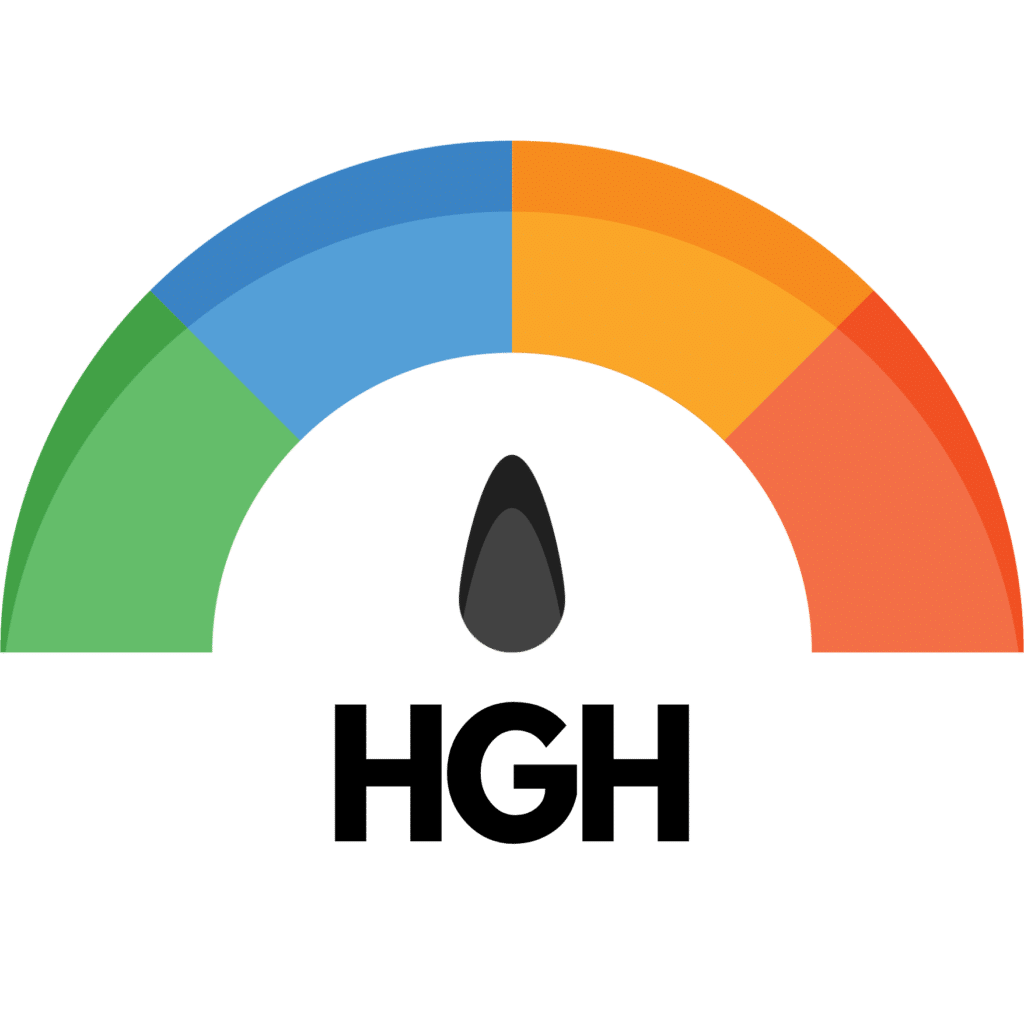Human Growth Hormone Therapy For Men & Women
Human growth hormone, also known as HGH, is an essential hormone secreted by the anterior pituitary gland. It controls the reproduction and growth of every cellular function in our bodies. Human growth hormone affects our body’s physiological and biological functions to promote development and growth in our youthful years. But in adult life, it helps maintain youthful vitality and can even slow down the aging process by regenerating our tissues at a younger rate. Injectable HGH is identical to that produced by our bodies and plays an integral role in maintaining our skin elasticity and the health of all human tissues, including our brains, heart, muscles, eyes, and other vital organs. It also helps to regulate body composition, body fluids, muscle and bone growth, sugar and fat metabolism, and possibly heart function.
HGH can help you benefit from most of these diseases including diabetes, depression, obesity, mitochondrial dysfunction, metabolic diseases, cell senescence, heart disease, and neurological disorders like Alzheimer’s and dementia.
Growth hormone secretion reaches its peak production during puberty and begins to fall around the age of 25. By the time we reach our 50’s, most of us can expect a 30-50% decline in our growth hormone production. Treatment with human growth hormone can be prescribed but this is often our physician’s last resource in Miami, Florida. If peptide or also known as HGH secretagogue treatments don’t work at first, then HGH treatment could be considered. All of this can be determined in detail by one of our physicians.

Common Signs & Symptoms Of HGH Deficiency In Men & Women
- Saggy muscles & skin
- Memory loss
- Diminished quality of sleep
- Weak joints and bone
- Poor mental function and concentration
- A drastic increase in wrinkles and decrease in skin elasticity
- Diminished quality of sleep
- Poor wound healing
- Reduced eyesight
- Crohn’s Disease
- Cancer
- Diabetes
- Increase in body fat, especially around the midsection
Results After Taking HGH
Our male and female patients report an improvement in any or all of these areas over time with our personalized human growth hormone treatment
FAQs
No. This has been a misconception for a long time, and there is no proven evidence to support it. According to the American Academy of Anti-Aging Medicine, multiple studies have concluded that human growth hormone replacement therapy does not increase the risk of cancer compared to the general population. However, it is very important to monitor closely and understand the risk of HGH therapy. The most crucial aspect of this therapy is to be supervised by a physician who truly understands the pharmacodynamics of this medication, how to properly diagnose, and how to prescribe it.
No. This is another misconception. An American Academy of Anti-Aging Medicine study demonstrated that after a nine-month treatment with human growth hormone, there was an improvement in insulin sensitivity in all of the patients in the study. In patients with type 2 diabetes, treatment with small doses of human growth hormone combined with healthy dietary modification habits resulted in a decrease of visceral fat (internal fat around the organs). In addition, there was an increase in muscle mass due to an improved insulin response from the HGH injectable treatment.
No. Over-the-counter supplements are usually amino acids like L-arginine, L-glutamine, L-ornithine. While high doses of these compounds sometimes produce a release of growth hormone from the pituitary gland, the effect is minimal. Also, for supplements to produce an increase in growth hormone serum they must be consumed in very high doses, which can cause kidney and liver problems. Additionally, HGH cannot be taken orally because the stomach acids would digest it as it does with food, resulting in no therapeutic effect. For HGH to work, it must be injected and is the only proven way until now.

